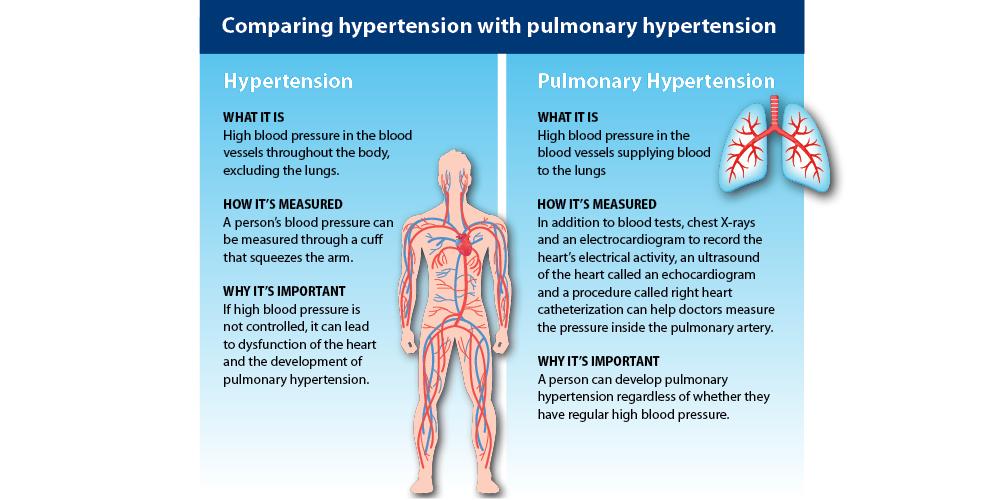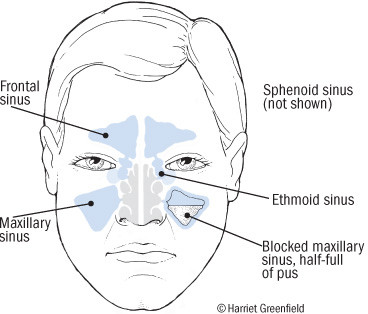Carpal tunnel syndrome (CTS) is a medical condition resulting from the compression of the median nerve as it travels through the wrist at the carpal tunnel. This nerve compression leads to a variety of symptoms, primarily affecting the hand and upper extremities. Most cases of CTS are idiopathic, meaning they arise without a known cause. However, it’s crucial not to delay treatment for this condition, as early intervention can significantly alleviate symptoms and prevent long-term damage.
Symptoms of carpal tunnel syndrome often manifest at night, causing discomfort and numbness that may awaken people from sleep. Patients typically find relief by moving or shaking their hand until the numbness subsides. While medications like aspirin and ibuprofen can offer temporary pain relief, they do not cure CTS. In some cases, doctors may recommend steroid injections to reduce nerve inflammation.
The condition primarily affects sensation in the thumb, index, middle, and sometimes the ring fingers. It can also impair motor function in one of the thumb’s muscles. Carpal tunnel syndrome is more common in women than men and usually occurs in adults. Key symptoms include numbness, tingling, pain, and weakness in the hand, often necessitating a clinical examination for diagnosis. It’s important to distinguish CTS from other types of wrist and finger pain or numbness.
One effective treatment for carpal tunnel syndrome is carpal tunnel release surgery. This outpatient procedure involves cutting the ligament forming the “roof” of the carpal tunnel to create more space and relieve pressure on the median nerve. The surgery is typically performed under local anesthesia and takes about 30 minutes.
In addition to these treatments, individuals who perform repetitive hand movements in their jobs, such as farmers, truck drivers, and factory workers, may be more susceptible to developing CTS. It’s essential for these workers to be aware of the symptoms and seek medical advice if they experience consistent pain, numbness, or weakness in their hands.

For more detailed information on carpal tunnel syndrome, you can visit Wikipedia, Harvard Health, and Hospital for Special Surgery for comprehensive overviews.


